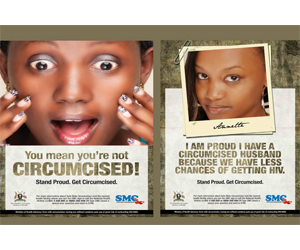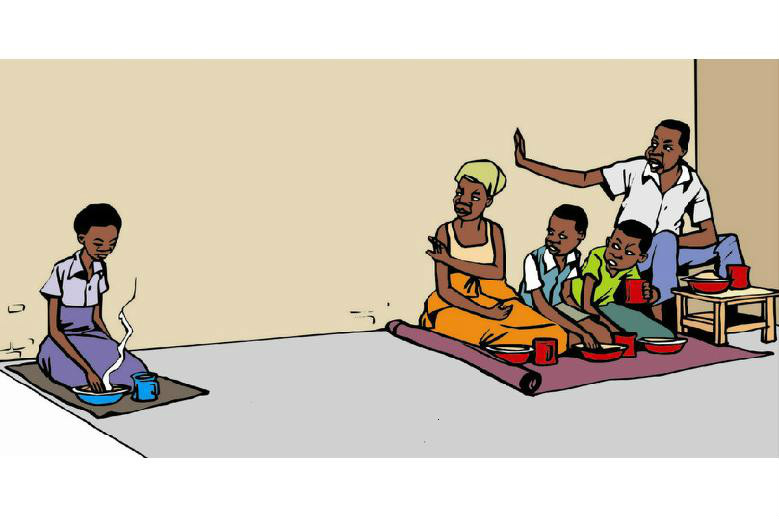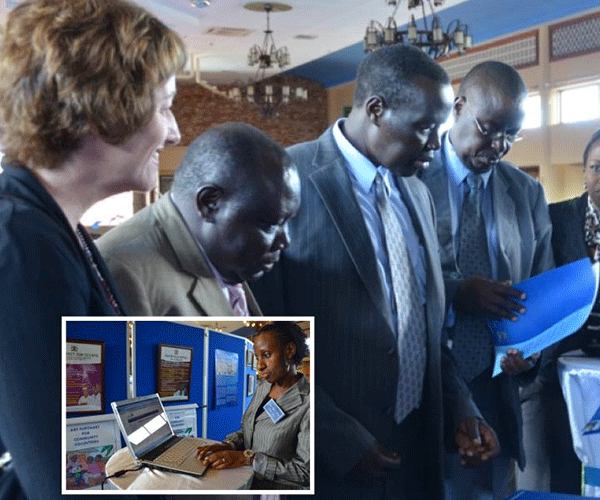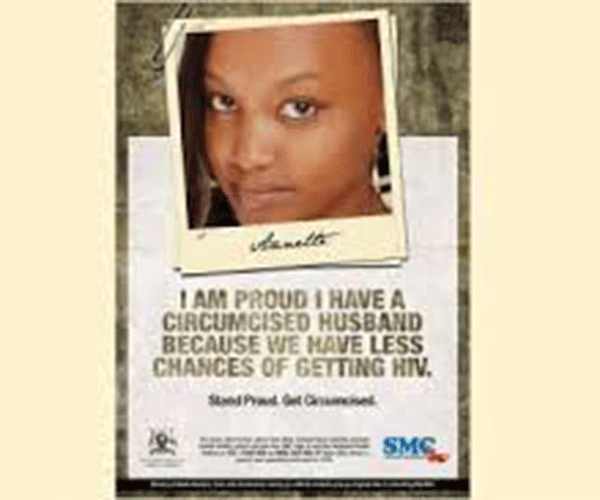However, efforts to stem the tide of new HIV infections in Uganda through safe medical circumcision date back over five years.
In 2007, results from three large randomized clinical trials in Kenya, Uganda and South Africa showed that medically performed circumcision is safe and can reduce men’s risk of HIV infection by 60%. Based on this evidence, the World Health Organization and UNAIDS began recommending voluntary safe medical circumcision as an essential part of HIV prevention programming, especially in countries such as Uganda where HIV prevalence remains high and male circumcision is uncommon.
In Uganda, initial reaction to the 2007 research results was mixed. The media published incorrect information about male circumcision and exaggerated its effectiveness. At the time, Uganda had no policy to provide SMC services or to guide programming. In addition, there was an inadequate supply of trained health workers in Uganda who were unable to meet the demand for information about circumcision and HIV to interested clients.
In response, USAID provided funding to HCP to assist the Ministry of Health to educate the public about the research linking HIV prevention and safe medical circumcision while the policy and guidelines were put in place. A National Male Circumcision Task Force was created to draft this national policy, and HCP was tasked to assist the task force with disseminating the results to leaders, health workers and civil society organizations.
Nonetheless, by 2010 only 25% of Ugandan men were circumcised, a number that greatly trailed the PEPFAR and UNAIDS estimates of what was needed for Uganda to cut its HIV incidence by half. SMC services across Uganda needed to be scaled up, services needed to be accredited and branded and community mobilizers needed education to be able to discuss SMC in their communities.
Stand Proud, Get Circumcised was born.
HCP’s research showed that the main reason men gave for not getting circumcised was not knowing where to get the procedure or fearing that the procedure would be painful. At the same time, most women cited a desire for their men to be circumcised, stating that circumcised men are cleaner and are less likely to spread HIV.
Stand Proud, Get Circumcised used these findings and targeted men who wanted to circumcise, while encouraging women to support their men. Using a multimedia approach with radio, television, billboards, brochures and posters, the campaign promoted SMC as a way for men to reduce their risk of getting HIV. It also reassured men that the procedure was not painful, and directed men to locations where services were available.
Reactions to the campaign’s provocative messages—which include posters depicting wives and girlfriends saying, “I am proud I have a circumcised husband because we have less chances of getting HIV”—have been passionate.
The SMC campaign generated positive debate and radio personalities joined the conversation. When James Onen of the Sanyu FM Breakfast Show mentioned a Stand Proud, Get Circumcised poster on air, the radio show’s lines were jammed with callers, debating whether SMC does reduce HIV infection and arguing that SMC was a license for promiscuity.
Despite the few skeptics, overall response to the campaign and efforts to promote safe medical circumcision in Uganda has been very successful.
At Itojo Hospital, Arinda Brian and Ashabe Damson were among the almost 15,000 men who were circumcised in the three month period (January to March 2012) following the launch of Stand Proud, Get Circumcised, an eight-fold increase over the three months prior to the launch. Nationwide, following the campaign launch, the National Health Hotline experienced a dramatic increase in calls from individuals seeking SMC information. The Hotline received over seven times the number of calls it had received prior to the campaign. Furthermore, the number of sites offering SMC services across Uganda has increased from only 21 in 2007 to 120 sites in 2012.
Stand Proud, Get Circumcised will be evaluated as part of the 2012 USAID Joint BCC Survey. But for Arinda Brian and Ashabe Damson and other men who learned about SMC because of the campaign, the results are clear: Thanks to circumcision, they feel they are more protected from contracting HIV. And that is something to celebrate.





